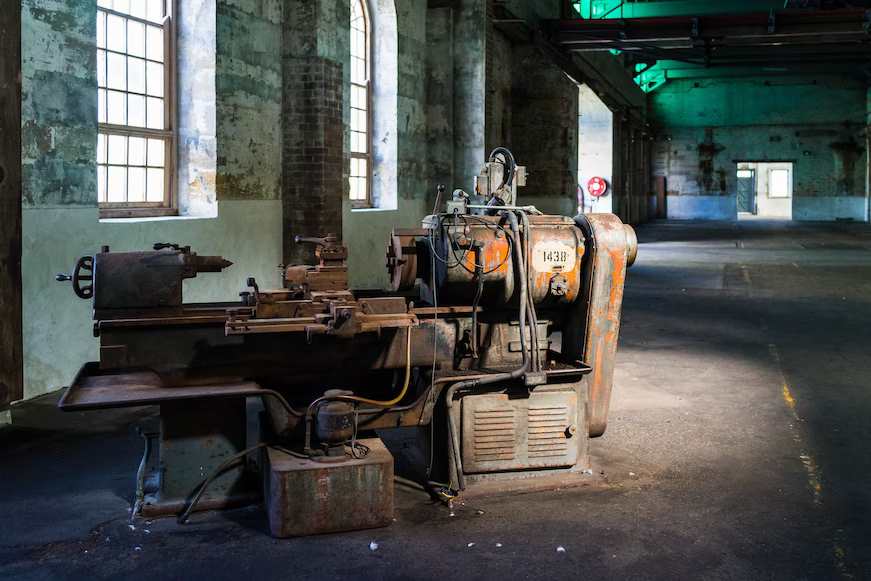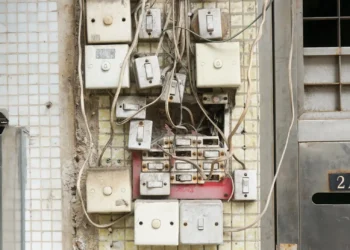Right now, electricity costs are through the roof. More people than ever are entering what the media have dubbed energy poverty; in other words, working families are unable to afford to pay their energy bills. As such, many are turning to alternative sources of energy like solar or generators.
Generators are the most popular alternative energy source because they are considerably cheaper to run than many other types. However, they are also very noisy. Their noisiness puts a lot of people off. In this post you will learn how you can make yours less noisy:
Generator Power
Obviously, more powerful generator produce more noise. If you want to learn how to quiet a generator then one of the easiest steps is to just buy one that’s naturally quieter. A quieter generator won’t deliver as much power which means it will likely only be suitable for camping. However, You will need much larger and therefore noisier generators to deliver energy to an entire house or even just a room of a house.
Before making a purchase take time to read your chosen generator’s specifications so you can ensure it has the right power level for your needs. Reach out to the distributor, retailer, or manufacturer if you need more information about a specific generator’s power and noise levels.
Consider Positioning
The positioning of your generator will play a very large role in how noisy it is. Homeowners who place generators underneath the windows of rooms that they will be used to power can expect to hear more noise even from quiet generators than individuals who place them a little further into their backyards. Try to put your generator as far away from your house as you can.
Even quiet generators can be noisy when they are right under your window, as mentioned above. Your generator’s positioning can make even the quietest generator unbearably loud. In order to place your generator far from your house you will need to invest in quality extension cables. The cables can be expensive but are a great investment if you want to save yourself the stress of dealing with a noisy generator.
Exhaust Pipe Placement
Exhaust pipe placement also plays a large role in the noise that’s produced by your generator. If you do not want there to be any noise at all then you’ll want to place your generator’s exhaust ends away from you. If the exhaust pipe faces you then you will hear a lot more noise. Something worth noting is that with most modern generators it is possible to place the exhaust end facing the sky, away from your house or campsite.
If your generator is far from your house and the exhaust pipes face the sky, you will not have to deal with as much noise; depending on how powerful your generator is some noise is to be expected even when its exhaust pipes are facing your house or campsite.
Also know the Best Ways to Save Energy at Home?
Using Soft Surfaces
When your generator is being used, it will vibrate. The vibrations created can make a lot more noise than the generators themselves. If you want to limit noise exposure then place yours on a soft surface. If you do not have a soft surface in your backyard, make one. Astroturf is widely available and very affordable. You can place your generator on Astroturf instead of concrete paving slabs.
The grass is not a suitable base for a generator as it attracts water and releases dew every morning at dawn. If water gets inside your generator’s inner core it could cause total breakdown and mechanical failure. Water is not the friend of electricity or any device that provides it. Too much water exposure can be extremely dangerous as well, as you could electrocute yourself.

Employing Sound Deflectors
Intelligent homeowners the world over have realised the best way to muffle generators is to use sound deflectors, which push the sound up and away from your house or campsite. There are many different things you can use as a sound deflector. It’s important to shop around and do your research so you can find the one that’s most effective for your specific generator.
Not all sound deflectors are of equal quality, some are far better than others. Some generators work with specific deflectors while others don’t. The only way to determine whether the deflector you’re intending on using works with your generator is to ask the generator’s retailer or distributor. You can do that by reaching out to them via email or over their website’s live chat.
Acoustic Enclosure or Muffler
Building an acoustic enclosure or muffler around your generator box can be a highly effective way of reducing the amount of noise that you hear. While such solutions will have absolutely no bearing on the real noise the generator produces they can still protect your ears and prevent you from going mad; it should be noted that when building enclosures around generators it is important not to box them in too much.
If you box them in, you create a fire hazard. As with sound deflectors the best way to determine whether an enclosure’s suitable or not is to reach out to the manufacturer and ask for their advice. In some cases, manufacturers might be able to offer alternative solutions.
Begin Using Slowly
When you have installed soundproofing measures it’s important to slowly begin using your generator. Even the best soundproofing measures will still allow some sound in. Unless you begin using your generator slowly it will probably sound very noisy to you. Slowly adjusting to its use will get you used to the amount of noise that it produces after soundproofing.
Over time, you will forget that it’s even there. The same is also true for your neighbours who will need to adjust to the amount of noise that it makes just like you. Turning it on suddenly and leaving it to run will annoy you and them. In some places leaving noisy generators on is actually a crime and can get you into trouble. Noise pollution is a prosecutable offence in places.
Generators can be a great way of powering your home or campsite. However, these devices are notoriously noisy. Unless you soundproof there is a chance you could drive yourself mad. Too much noise is not good for anyone. Use this post’s guidance to find a soundproofing solution right for you and your generator.









